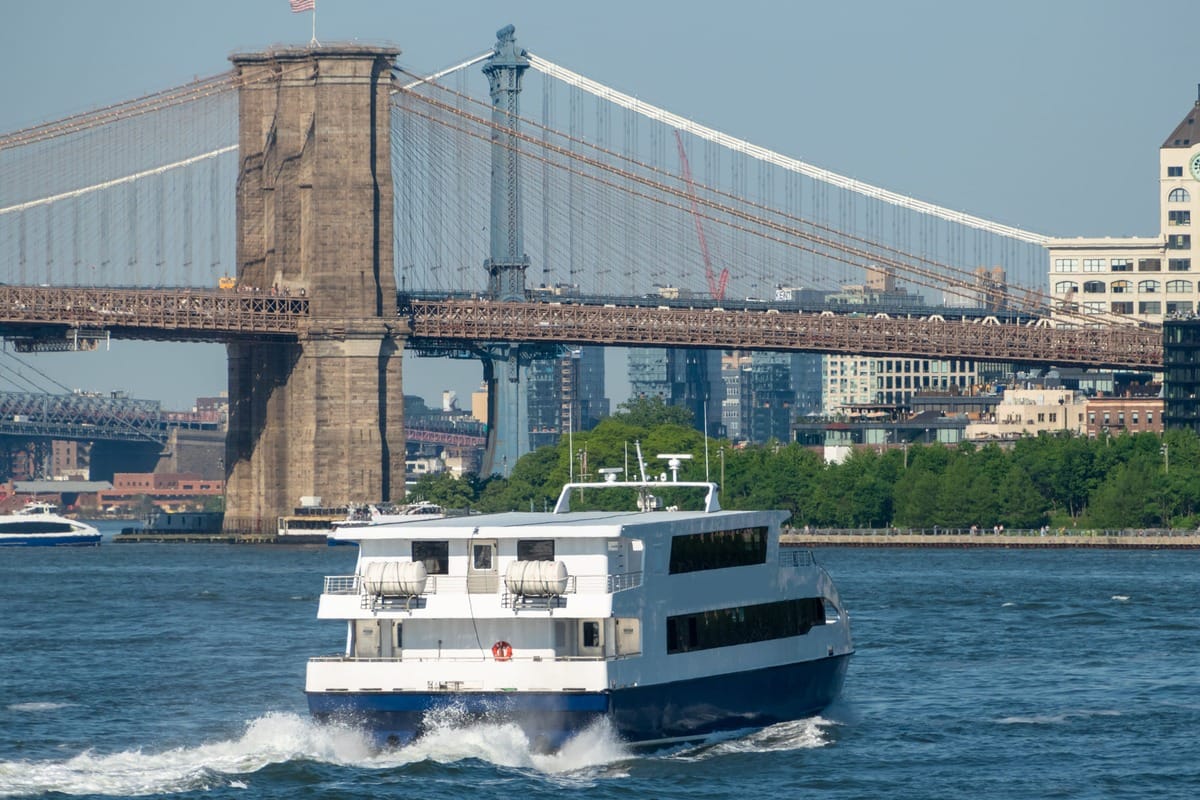DNV has launched a new family of class notations, Autonomous and Remotely Operated Ships (AROS), providing a framework for how autoremote vessels can achieve equivalent or higher safety compared to conventional vessels.
DNV has launched a new family of class notations, Autonomous and Remotely Operated Ships (AROS), providing a framework for how autoremote vessels can achieve equivalent or higher safety compared to conventional vessels.
Autonomous shipping, ranging from remote control operation to fully unmanned vessels, marks a major advancement in the maritime industry. These solutions can deliver a wide range of benefits including improved safety, optimised logistics chains, improved cargo capacity due to reductions in crew, increased fuel efficiency, reduced emissions, and reduced operational and maintenance costs.
While these advancements hold great promise, regulatory frameworks are still being developed. The International Maritime Organization (IMO) is developing a code for Maritime Autonomous Surface Ships (MASS), expected to be voluntary from 2025. However, this will not be mandatory until 2032, driving the need for a developmental framework for related technologies. DNV’s AROS notations provide the industry with the necessary structure for the future development of autonomous shipping technologies, in close cooperation with the flag and coastal states which hold ultimate approval responsibility.
“Autonomous shipping, in all its formats, is a key part of the future development of shipping,” says Geir Dugstad, Technical Director, Classification at DNV Maritime. “With the AROS notations, we will see novel autonomous and remotely controlled pilot projects achieving at least the same safety levels as conventional vessels. When the technology from these pilots becomes available for seafarers, features such as collision and grounding avoidance, vessel lookup support, and remote machinery support can help improve safety and reliability.”
The AROS family of class notations covers four specific functions for autonomous ships – navigation, engineering, operational, and safety – and will also be distinguished by category (remote control, decision support, supervised autonomy, full autonomy) and location of ship control (onboard, off-ship, or hybrid). These definitions are in line with the current plans for IMO’s upcoming MASS code.
The notations incorporate and build on DNV guideline (DNV-CG-0264) for autonomous vessels, combining the guideline’s broad risk assessment processes for the qualification of autonomous and remotely operated marine technologies with a set of functional requirements. This approach is deliberately flexible in nature, creating the space for future innovation, while also drawing on DNV’s experience with industry partners in project development within the autonomous shipping space over the past decade.
Dugstad added: “This is still early days for autonomous and remotely operated ships. Advances in research, technology, and legislation, as well as experience from projects, is expected to lead to significant developments in autonomous shipping technology in the future. DNV’s guidelines and AROS class notations were designed to remain in step with these developments and will mature as autonomous technologies evolve.”
The notation was launched in December and has been available since 1 January 2025.
For more information on the new notations visit www.dnv.com/rules-standards/
Content Original Link:
" target="_blank">


























































